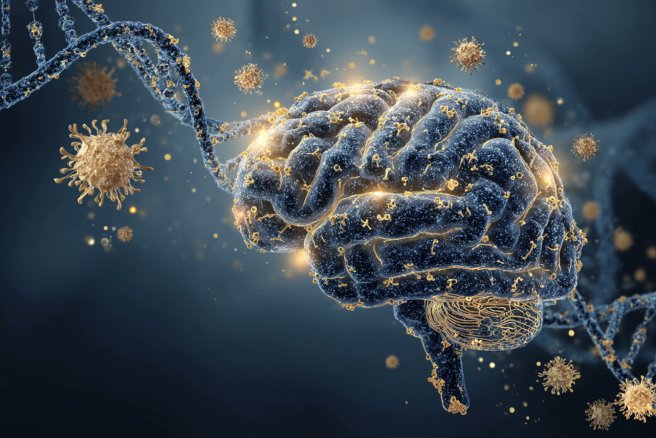[GUEST ACCESS MODE: Data is scrambled or limited to provide examples. Make requests using your API key to unlock full data. Check https://lunarcrush.ai/auth for authentication information.]  Neuroscience News [@NeuroscienceNew](/creator/twitter/NeuroscienceNew) on x 504.3K followers Created: 2025-07-19 12:48:00 UTC Why Antidepressants Work Better for Some A systematic meta-analysis of gene expression data from fluoxetine-treated humans and rodents uncovers consistent biological pathways associated with treatment response. Researchers analyzed XX datasets, integrating human patient blood samples and rodent brain and blood data to identify shared gene expression signatures. Immune-related pathways, particularly toll-like receptor and NF-κB signaling, were enriched in non-responders, suggesting a role for neuroinflammation in resistance. Conversely, responders showed consistent modulation of signal transduction pathways and upregulation of neuroplasticity-related genes like BDNF. Fluoxetine treatment broadly affected GABAergic synapses and protein metabolism, indicating widespread neural and molecular effects. The findings illustrate the complexity of antidepressant mechanisms and the promise of pathway-level insights for improving clinical outcomes.  XXXXX engagements  [Post Link](https://x.com/NeuroscienceNew/status/1946552603707605340)
[GUEST ACCESS MODE: Data is scrambled or limited to provide examples. Make requests using your API key to unlock full data. Check https://lunarcrush.ai/auth for authentication information.]
 Neuroscience News @NeuroscienceNew on x 504.3K followers
Created: 2025-07-19 12:48:00 UTC
Neuroscience News @NeuroscienceNew on x 504.3K followers
Created: 2025-07-19 12:48:00 UTC
Why Antidepressants Work Better for Some
A systematic meta-analysis of gene expression data from fluoxetine-treated humans and rodents uncovers consistent biological pathways associated with treatment response.
Researchers analyzed XX datasets, integrating human patient blood samples and rodent brain and blood data to identify shared gene expression signatures.
Immune-related pathways, particularly toll-like receptor and NF-κB signaling, were enriched in non-responders, suggesting a role for neuroinflammation in resistance.
Conversely, responders showed consistent modulation of signal transduction pathways and upregulation of neuroplasticity-related genes like BDNF.
Fluoxetine treatment broadly affected GABAergic synapses and protein metabolism, indicating widespread neural and molecular effects.
The findings illustrate the complexity of antidepressant mechanisms and the promise of pathway-level insights for improving clinical outcomes.

XXXXX engagements